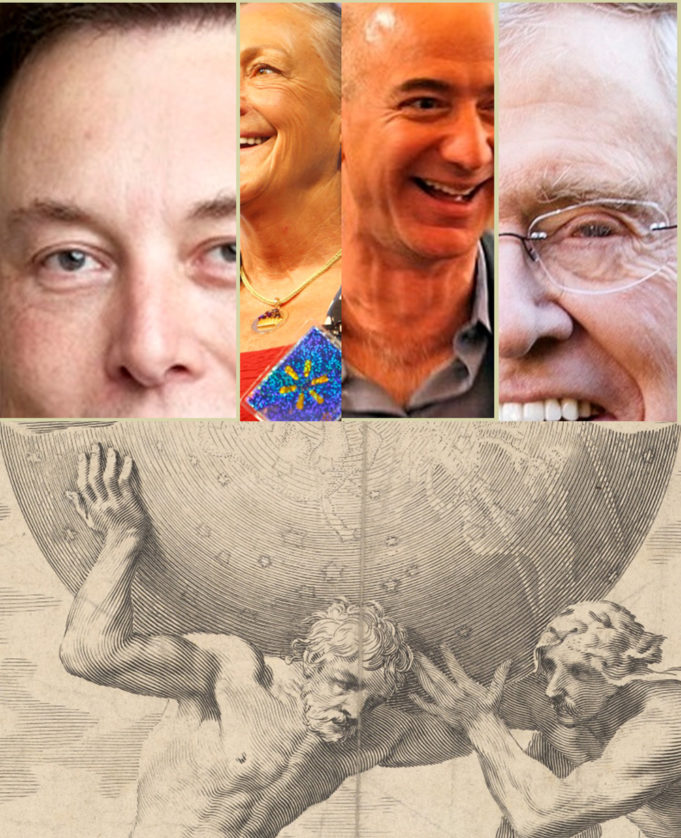The other early evening, I was standing in the front entry near the register at one of my favorite local eateries. I was by myself and waiting for a table. The diners were still spaced according to COVID protocol, and the thirtysomething female proprietor was discussing a reservation with a spry septuagenarian woman.
The female elder had pulled in before me and parked right in front of the front door. Her car was something nice, expensive and European. The eatery lay in close proximity to Westover Hills, and I was standing in close proximity to the proprietor and the septuagenarian’s conversation.
The elder needed a reservation for eight on such and such day, and the proprietor was politely explaining to her that tables on that date were not available. The elder stressed the imperative nature of the date and the reservation, and the proprietor politely explained and re-explained that a table on said date was unfortunately impossible. The conversation went on for quite a while, and I was impressed with the proprietor’s patience and civility.
The elder — who noted that she was a frequent customer — was agitated, but the proprietor remained courteously clear. The eatery was down to one chef, one waitperson, and the proprietor was picking up the slack. Like many businesses around Cowtown, the place was struggling to find help, and the employees who were showing up were overworked, overstressed, and doing the best they could. At one point, the proprietor even asked the elder if she had any high school or college age grandchildren or grandnephews/nieces who needed a job. The labor shortage was stark and prolonged, and, again, the eatery was doing the best it could with the staff it had.
The elder was not confused or bewildered — she simply didn’t seem to care. She reemphasized that she’d been a customer there for years. I almost laughed out loud when she then said, “Can’t you just push two tables together?”
The extraordinarily patient proprietor kept her cool but kindly explained, “I’m sorry, but that would hardly help. The tables on that date already have people sitting at them.”
The conversation was becoming a small spectacle, and I was getting hungry. But I was wildly impressed with the proprietor’s unflinching professionalism, and I thought the matter had reached its conclusion. I was wrong.
The elder fumed, harrumphed, and started to turn and then turned back and demanded to see the proprietor’s “books.”
“I beg your pardon,” the proprietor replied.
By “books,” I could only assume the elder meant the proprietor’s reservation log, but still. It was like a Gestapo command.
The proprietor held her ground, and, after a long moment, the elder eventually departed. I didn’t get the impression the elder was in any way pacified or sympathetic. In fact, when she turned to leave, I got the impression that her passing glare assigned me to the same class as the uncooperative proprietor.
Servant. Peasant. Little people.
The proprietor apologized to me for the wait and the small spectacle, and I told her I was knocked out by her extraordinary composure and self-restraint. But I had to know — was the frustrated elder even a good tipper?
“No,” the proprietor smiled. “She was one of the worst.”
Now, I’m not exactly in the business of criticizing cheapskates or my elders, and, to be fair, this isn’t a problem stemming from age or frugality. Post-COVID — or quasi-post-COVID — America is radically different and probably not just temporarily. In the good ol’ days and right up to COVID protocols, most of us spent much more time making a living than doing much living — or thinking about how we were living our lives. COVID shutdowns and the subsequent COVID relief checks gave us more time to reflect. We eventually experienced Netflix burnout and boredom and lingering discontent. American culture had molded us to be happy little consumers with materialistic perspectives, but our wages and salaries were purchasing us less and less and Fortune 500 CEOs were taking more and more. And obscenely wealthy billionaires were conducting field trips to space with Captain Kirk. The closest the working class came to really living or going to space or experiencing adventure were the multi-season period dramas on streaming platforms.
And then it happened.
A large swathe of the overworked, underappreciated, and under-compensated working public realized that Ramen noodles weren’t that bad, especially if eating out a lot required reducing themselves to the wage-slavery that our tax-dodging so-called job creators offered us.
Why not get by on less and be content with less? Why not lounge around on the dole? Why not freelance? Why even bother having kids, especially if what they’ll have to deal with is the same servitude that most of us were been born into?
Our political leadership steps to the tune of billionaires and brainwashed boomers — and their futures are already assured. Meanwhile, the working class is facing increasingly pension-less grinds, poverty-level minimum wages, and rising food and housing costs. Futures without real promise. Futures with very little hope.
The Great Resignation is a serious problem, but it’s been a long time coming. Ayn Rand and Paul Ryan and Rand Paul (and legions of their pseudointellectual ilk) have always gotten it wrong. People like Elon Musk, Jeff Bezos, and the Koch brothers were never Atlases. They were always the load the working public lifted up. And the billionaire class continues to grow exponentially, insanely, and, again, obscenely wealthy, while the real Atlases’ futures and existential prospects grow dim. So, a daunting cross-section of the working class is shrugging.
Mightily.
E.R. Bills is the author of Fear and Loathing in the Lone Star State (2021) and The 1910 Slocum Massacre: An Act of Genocide in East Texas (2014).
This column reflects the opinions of the author and not the Fort Worth Weekly. To submit a column, please email Editor Anthony Mariani at Anthony@FWWeekly.com. Columns will be gently edited for factuality and clarity.












